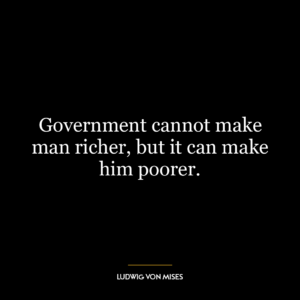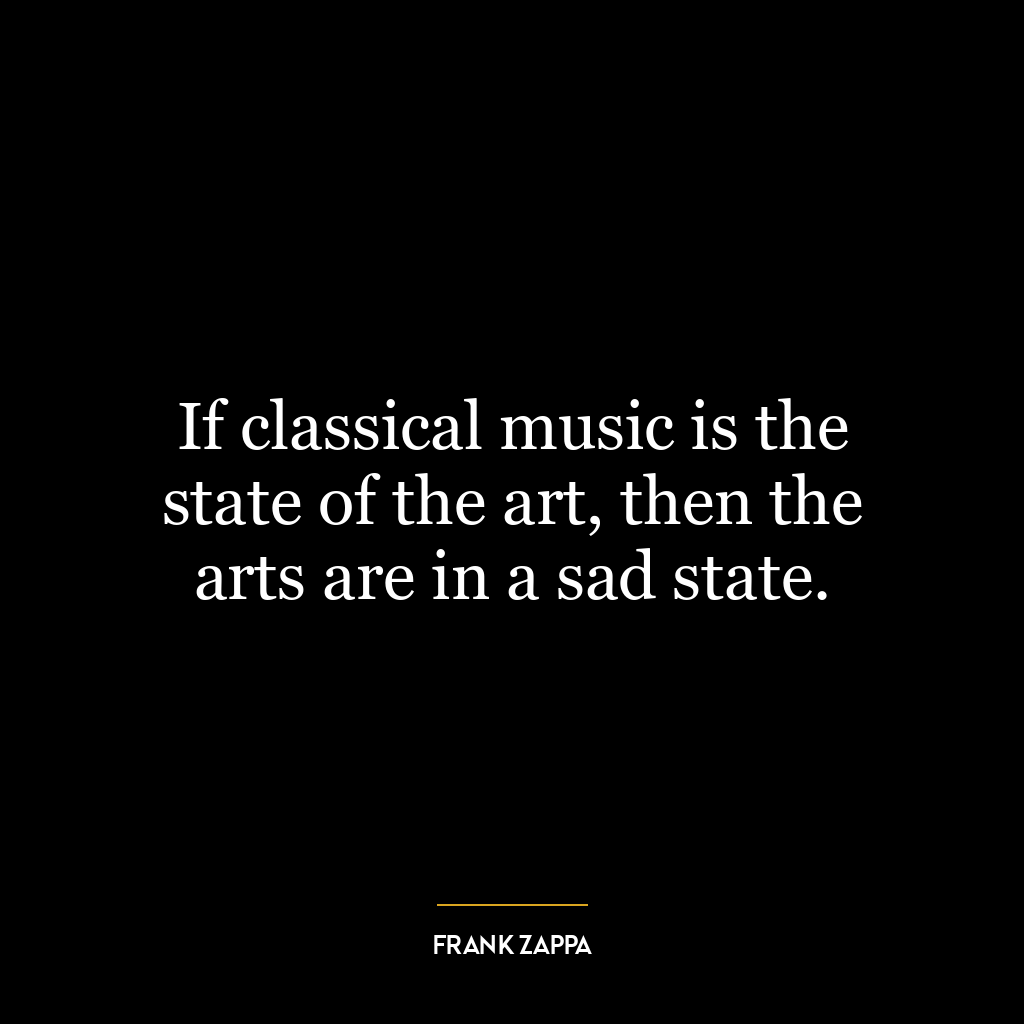You call it a ‘loophole’ when the government still allows you some freedom.
This quote suggests that the term ‘loophole’ is often used to describe situations where the government allows individuals some autonomy or freedom to act, as opposed to imposing strict regulations. In essence, it’s a critique of the perception that freedom is an exception, not the rule, within a government structure. The quote implies that freedom should be the norm and anything less is a restriction or limitation imposed by the government.
The quote also suggests a perspective where people’s freedoms are inherently theirs, and it’s the government’s role to ensure these freedoms rather than to grant or limit them. It challenges the idea that the government is the source of freedom, suggesting instead that the government should only be a protector of the freedom that naturally belongs to individuals.
Applying this idea in today’s world, we can look at various debates around government regulation and individual freedoms. For example, discussions around internet privacy, free speech, and economic regulations often revolve around the balance between individual freedom and government control. Those who align with the sentiment in the quote might argue for less regulation, seeing it as a way to protect individual freedom.
In terms of personal development, this quote can inspire a mindset of personal autonomy and responsibility. Rather than relying on external structures or authorities to grant us our freedoms, we can choose to assert our own freedom and take responsibility for our own actions. This mindset can lead to greater self-reliance, resilience, and personal growth.















